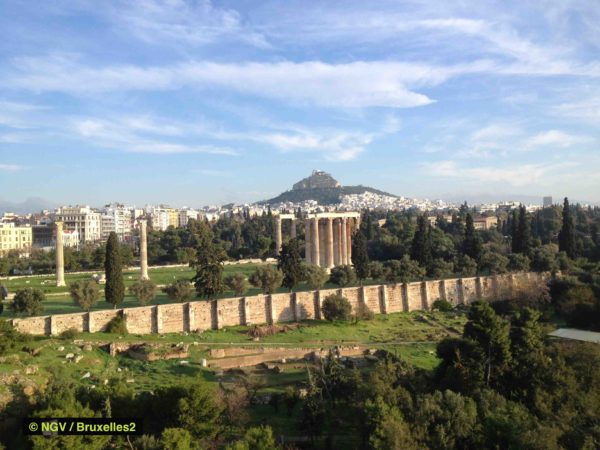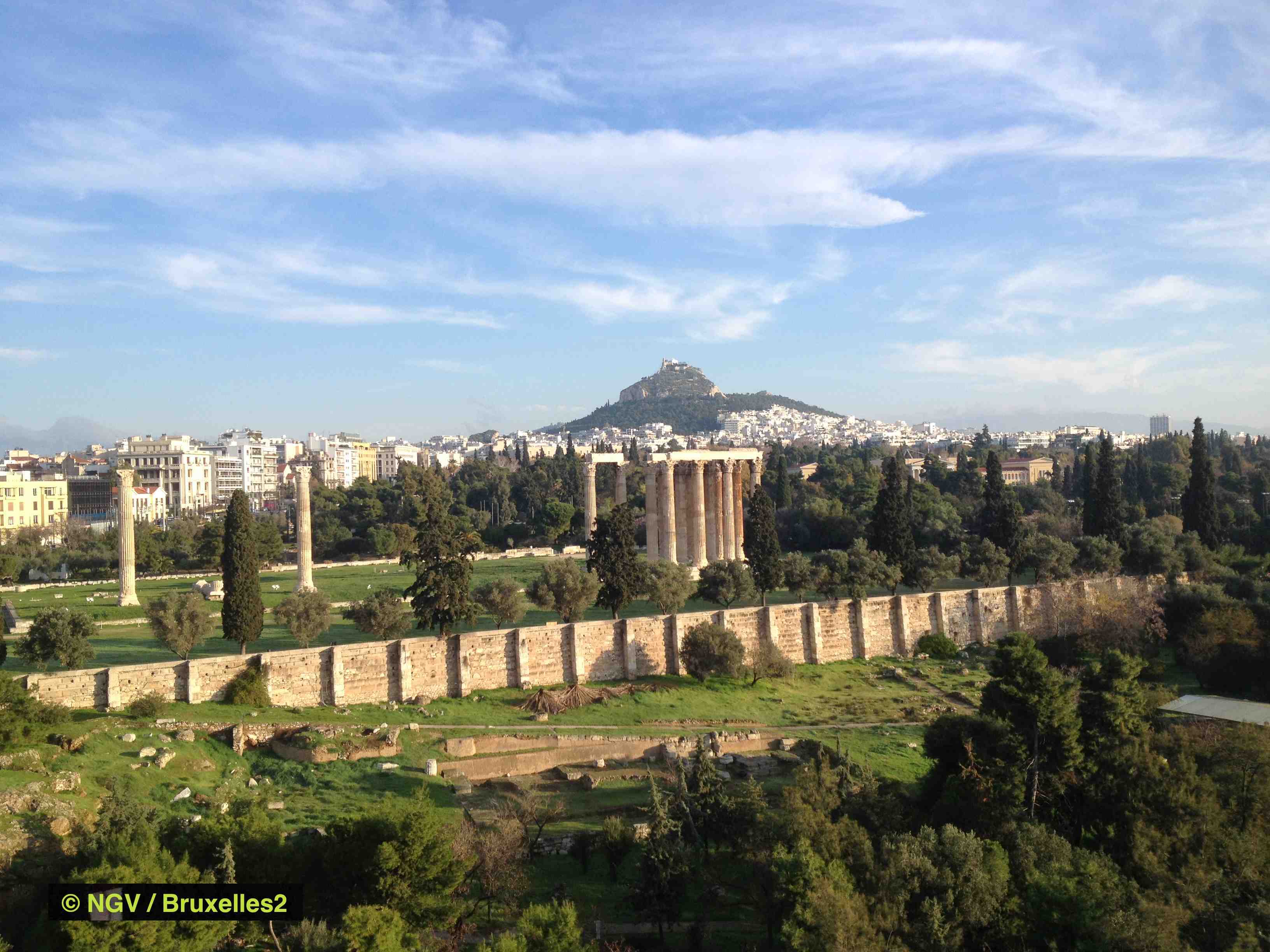The Greek revenge

(BRUSSELS2 to Athens) Greece is indeed at the heart of Europe! It is indeed the political, and even philosophical, sense of this Greek presidency of the European Union that is starting. The country of the Hellenes has a revenge to take on all those who predicted its collapse, shipwreck, its expulsion from the Euro zone, its exit from the European Union. And he is determined not to play a role of appearance.
The fifth presidency since joining
Greece is there, indeed, damaged by seven years of recession, but still alive. And the Deputy Prime Minister and Minister of Foreign Affairs, Evangelos Venizelos, made a point of recalling this from his first contacts with the press this Wednesday in Athens. The EU presidency is not new to Athens. It's here " fifth time we have had the Presidency since joining in 1981 ". In the past, Greece has held this presidency in " important moments, especially before two waves of enlargement" : in 1994 with the three countries (Austria, Finland, Sweden) and in 2003 before the enlargement to the countries of Eastern Europe. " There is a significant institutional memory, particularly in the Ministry of Foreign Affairs " he added.
The rotating presidency of the EU: a symbol of equality between member states
The presidency is not not a choice but an obligation then explained Evangelos Venizelos. It's a " response to some who wonder how Greece, under a memorandum, which is asking for help from its neighbours, can exercise the presidency of the European Union”. The basis for membership of the European Union is equality between member countries. And the most striking symbolism of this equality is this presidency of the Council which rotates between different countries.
Some European wanderings
The Minister has delivered a precise charge on certain errors, or rather on certain European errors since the beginning of the crisis. He thus criticized the vision which consists in placing above all, the question of the reduction of the deficit. " Today Greece has succeeded on the primary surplus, the deficit is reduced to a rate below 3%”. But Greece continues to have a sluggish economy. " When we have a primary surplus, but there is a recession, we have no development and we find ourselves in a vicious circle because we cannot achieve the objective. (...) This is an important question. We want a discussion on all aspects, on all elements, not only on the primary surplus. »
Years wasted fighting the crisis
He then pointed to the slow reaction of Europe in general, and of the European Commission in particular since the start of the crisis. " When the financial, economic and fiscal crisis occurred at international level, the EU did not react with the necessary efficiency and speed. The Eurozone was scheduled to operate under normal conditions. She was not ready to face big crises. It had not yet developed any special mechanisms for crisis management. There were thus two years wasted. " 2009-2010 are two years of crisis for Greece ". " European governments, especially the most powerful ones, did not trust the European Commission (which) had not foreseen (the crisis) and not created the instruments until 2010. (...) “ This is why the Eurozone asked for help from the IMF to develop crisis instruments. »
The presence of the IMF in the heart of the Eurozone is a problem
Greece has suffered the plasters. " The choices that have been made have not been the most efficient nor made with the necessary speed. This is a price that the Greek people and the Greek economy have paide. This principle of the "troika (IMF - European Commission - Central Bank) was not " not provided for in European primary law or in the Eurozone system”. It was created precisely to allow the presence of the IMF. But today " the presence of the IMF at the heart of the Eurozone is a problem ". Because " the IMF was primarily designed to help developing countries and not for developed countries ».
The troika has no democratic legitimacy
Minister Venizelos then highlighted another error in the design of the rectifying device. In this set, the European Parliament is absent. The Troika certainly includes very qualified members (...) But it is civil servants who discuss this with a Greek Prime Minister or the President of Cyprus. These are discussions that have a huge influence on the population. » But without this really be represented in these discussions. This poses a major problem of democracy. concludes Evangelos Venizelos, during this first exchange of views.
To be continued on the b2 Club: Faced with migrations and crises, a more targeted foreign policy (Venizelos)

